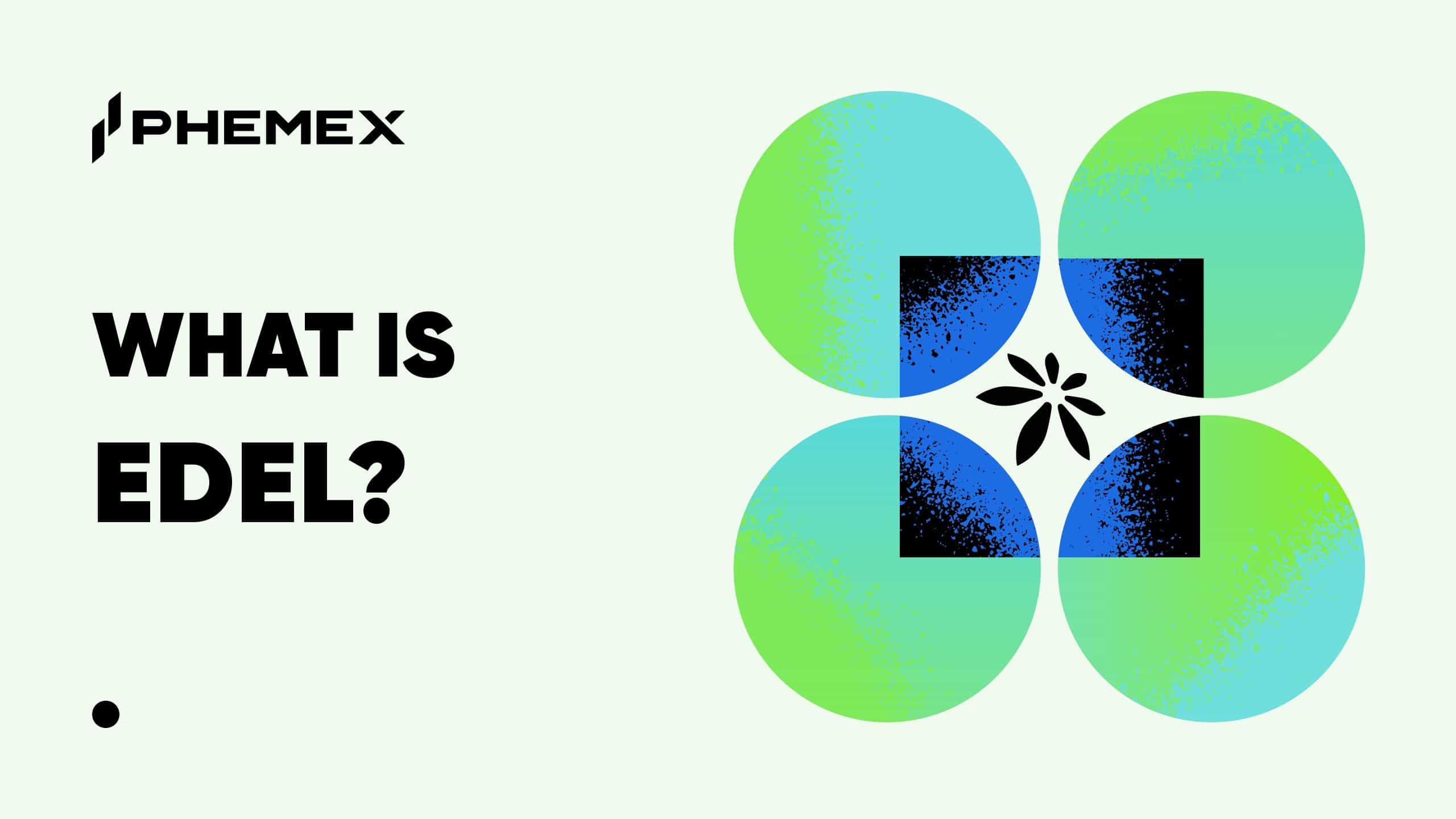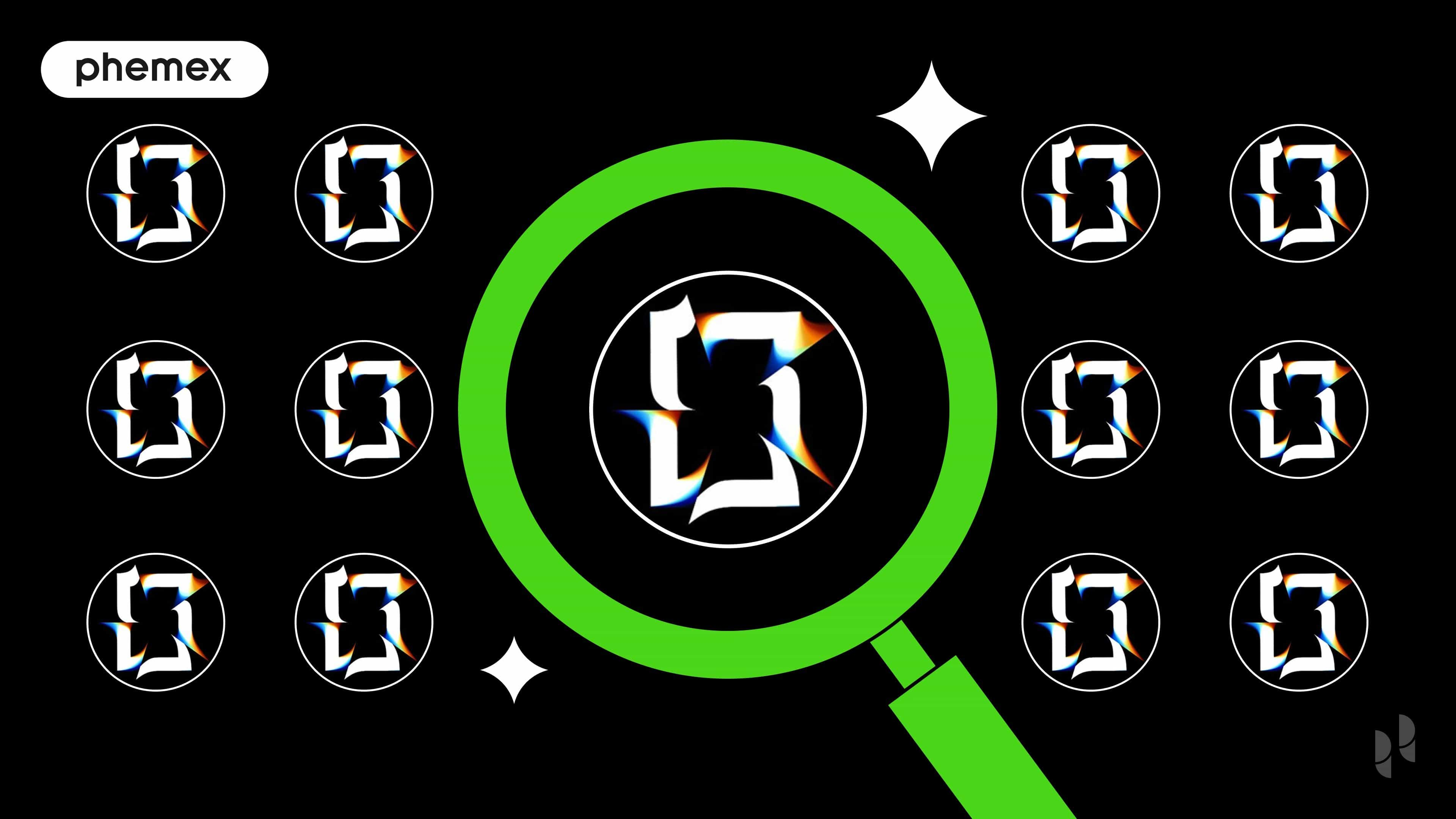A Security Token Offering (STO) is essentially a type of public offering in which tokenized digital securities, backed by blockchain technology, are sold. STOs are designed to adhere to regulatory standards, differentiating them from traditional token exchanges. These tokens are tradeable and have intrinsic value, akin to ICOs (initial coin offerings), and are exchangeable.
These digital tokens symbolize ownership of a diverse range of assets, such as shares, bonds, or precious metals, thus allowing businesses to tokenize their assets.
The emergence of STOs was a direct consequence of the ICO market's downturn in 2018, which saw the crypto market's value plummet significantly. This led to a push for more stringent token regulations, shaping STOs to align with the legal requirements for securities, in contrast to the more flexible nature of utility tokens in ICOs.
Security tokens parallel stock certificates in function, both serving as evidence of ownership, but the former is recorded on a blockchain, offering a modernized approach to ownership representation.
Comparing STOs and ICOs
While STOs share similarities with ICOs in that they both issue tokens to investors, the nature of these tokens differs markedly.
An ICO is a fundraising mechanism used by startups to bypass the rigorous and regulated capital-raising process required by venture capitalists or banks. It operates on the premise of offering decentralized application access, skirting regulatory frameworks by positioning itself as a utility rather than an investment. This lack of regulation presents a lower entry threshold, broadening accessibility.
ICOs position themselves as utilities, promising potential currency utility if the associated project succeeds. The regulatory leniency of ICOs offers higher risk and flexibility.
Conversely, STOs represent investment contracts in tangible assets like stocks or bonds and are bound by additional legal stipulations due to their compliance with security laws, which ICOs circumvent.
Understanding the Functionality of Security Token Offerings (STOs) <H2> STOs serve as a modern avenue for startups to secure capital, functioning similarly to ICOs but with the added benefit of legal compliance and regulation. The challenge of acquiring funds from traditional financial institutions has paved the way for STOs to become a favored method for companies to safely gather essential capital. Security tokens also introduce the concept of crypto-fractionalization, which allows for the tokenization of tangible assets, effectively opening up a vast market potential by digitizing real-world wealth. This process not only simplifies the trading of securities but also aims to reduce administrative costs and minimize the need for paper-based records as equity markets evolve towards tokenization.
Types of Security Tokens?
Security tokens are classified into three primary types: equity tokens, debt tokens, and asset-backed tokens.
Equity tokens in an STO are akin to shares offered in an IPO, conferring ownership and profit entitlement, along with voting rights, to token holders. The distinction lies in the storage of ownership details; equity tokens leverage blockchain for record-keeping, while traditional shares are documented on paper certificates or in databases.
Asset-Backed Tokens
Asset-Backed Tokens symbolize ownership of physical assets like property or artwork, with blockchain technology providing a robust and secure ledger for these items. Beyond serving as transaction records, these tokens hold value, thus becoming digital assets themselves.
Debt Tokens
Debt tokens resemble a form of digital promissory notes, representing loans from investors to a company, with terms encoded on the blockchain. The valuation of these tokens reflects the associated risk and the specifics of the dividend model of the debt instrument.
Advantages of Security Token Offerings (STOs)
STOs were developed as a regulated and secure alternative to the less regulated ICOs (initial coin offerings), offering enhanced legal protections and rights for token holders, akin to those enjoyed by shareholders, such as company influence and dividends—benefits not typically afforded by ICOs.
The introduction of STOs over ICOs has played a crucial role in rebuilding investor trust post the 2018 cryptocurrency crash, by enhancing the credibility of digital tokens. STOs offer a modern twist to the traditional IPO (initial public offering), providing businesses with a flexible approach to share offerings. They are not only more accessible to today's digital-savvy investors but are also easier to liquidate and more aligned with a free-market ethos.
As an evolution of fungible digital tokens, security tokens are bolstered by blockchain's versatility, while still adhering to necessary regulations to mitigate risk. For entities interested in the various applications of tokenization, platforms like TokenEx present ways to safeguard diverse types of organizational data.
Applications and Advantages of Security Tokens
Security tokens enable companies and startups to distribute shares to investors via blockchain, ensuring a process that is transparent, divisible, rapid to settle, and always available.
Transparency in Transactions
The use of public ledgers on blockchain ensures transaction transparency while maintaining participant anonymity. Smart contracts, along with token holdings and issuances, are publicly auditable at any time, providing an open and transparent financial ecosystem.
Enhanced Divisibility of Assets
High-value assets such as artwork and real estate become more accessible when tokenized, allowing for fractional ownership. For instance, a costly sculpture can be tokenized and sold in smaller, more affordable units, democratizing investment opportunities.
Immediate Settlement Process
Blockchain technology expedites the asset transfer process, which traditionally could be time-consuming. Automated blockchain transactions mean ownership can be reassigned nearly instantaneously, enhancing efficiency.
24/7 Market Accessibility
Unlike traditional financial markets with set operating hours, digital asset markets operate continuously, offering round-the-clock access for trading and investment activities.
Considerations for Launching a Security Token Offering (STO)
When planning to initiate an STO, it's crucial to address several key factors that can influence the structure and success of the offering:
Determining the Tokenization Subject
Identify what asset or interest will be tokenized, as security tokens can represent a diverse range of assets, from physical properties to equity or debt. The nature of the asset significantly influences the legal requirements and investor appeal, necessitating careful consideration.
Navigating Jurisdictional Implications
The jurisdiction in which a token is incorporated greatly affects the STO’s framework. Various factors, such as the location of the asset, local securities regulations, and the origin of the founders for tax purposes, must be analyzed to determine the most advantageous jurisdiction.
Establishing Appropriate Corporate Structure and Governance
The corporate framework should align with the nature of the tokens being issued, especially if they resemble traditional securities. Adherence to legal requirements, including the number of permissible token holders, is essential for compliance, particularly in regions like the United States where restrictions may cap the number of investors.
Adhering to AML and KYC Regulations
Adopting Anti-Money Laundering (AML) and Know Your Customer (KYC) protocols is non-negotiable, as these regulations help verify the legality of the investment funds. Compliance with these standards is mandatory for financial entities, including STO issuers.
Tokenization platforms
The selection of a tokenization platform is a critical decision, as platforms like Securitize, Tokensoft, and Token IQ offer varied services and commission structures. Factors to consider include the platform’s success rate, support for regulatory checks (KYC and AML), and facilitation of secondary market trading. It's important to assess the platform’s capabilities and support mechanisms thoroughly before finalizing your choice.
Read More
- What Are Crypto Tokens? How Do They Work?
- Security Token vs. Utility Token in Crypto: What are The Differences?
- What is a Token Generation Event (TGE)? How Does it Work?
- Asset Tokenization: Tokenize Real-World Assets on the Blockchain
- What is Initial DEX Offering?
- What is Initial Exchange Offering (IEO) & How does it Work?
- What Is an Exchange Token?
- Is Cryptocurrency a Security? – Clarifying the Legal Status of Crypto






